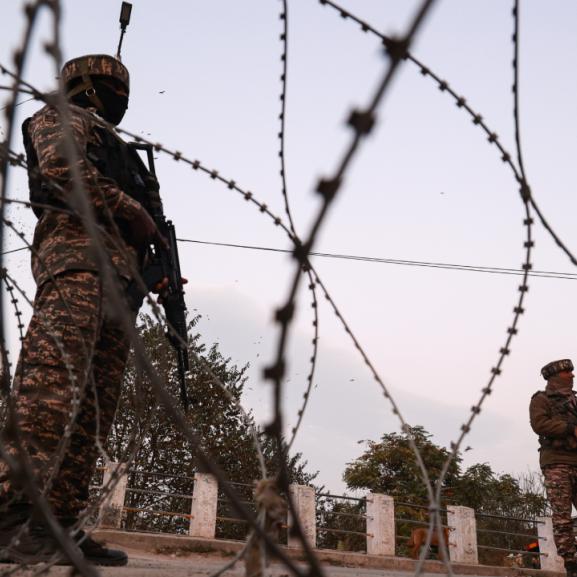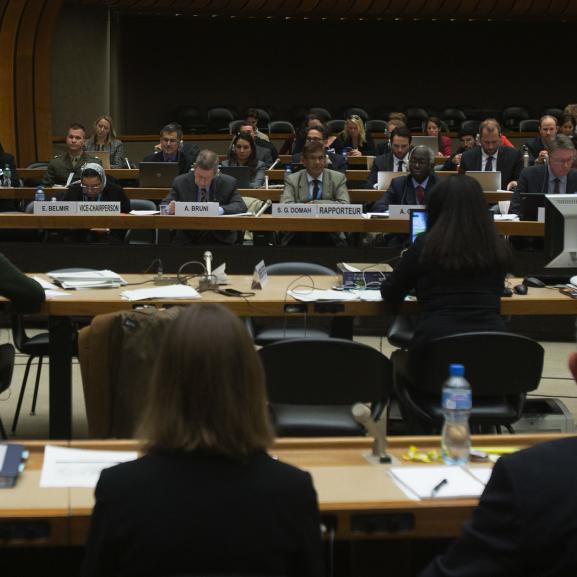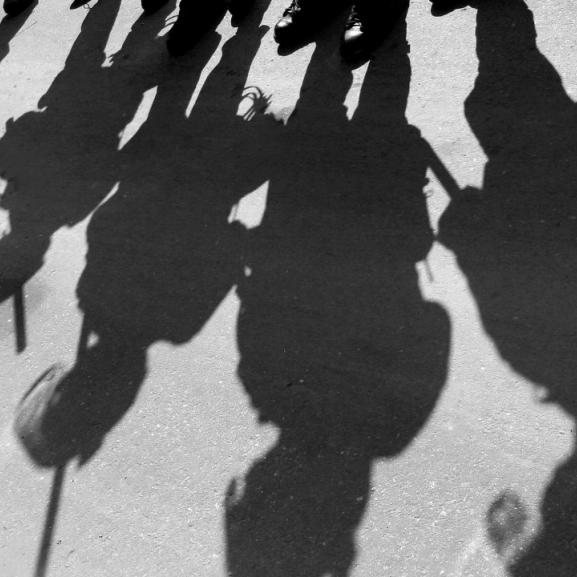More protection needed for International Criminal Court go-betweens
Individuals and organisations which liaise with victims and witnesses at the International Criminal Court deserve greater recognition and protection from the risks they face, says the Medical Foundation for the Care of Victims of Torture (now Freedom from Torture).
The role of intermediaries is often taken up by individuals, non-governmental organisations and others who work with the Court, acting as go-betweens for the Court and victims and witnesses. In many cases intermediaries are the first point of contact for victims of crimes which fall within the Court's jurisdiction, including war crimes, crimes against humanity and genocide.
Intermediaries carry out vital work, including making victims and witnesses aware of the Court's investigations and procedures, helping victims to complete claims forms, compile witness statements and provide expert evidence. They may also monitor the security of victims who might be subject to persecution, reprisals or harassment if it is known that they are cooperating with the Court.
Work carried out by intermediaries typically has considerable financial, resource and security implications. Yet despite the importance of their contribution to the functioning of the Court, their role is neither sufficiently recognised nor formally defined in the Rome Statue, which established the International Criminal Court in 1998, and as a result, intermediaries receive nothing from the Court in the way of protection or reimbursement.
In a report by the Victims Rights Working Group, of which the MF is a member, the organisation recommends that the status of intermediaries should be formally recognised. The MF also recommends that greater measures should be implemented to protect intermediaries from the considerable security risks they face in their role. In some cases, intermediaries are subjected to threats, torture and attacks so severe that some have had to flee their communities. Others have been killed. The MF maintains that protection should also include therapeutic support to ensure the emotional wellbeing of people acting as intermediaries.
In the absence of adequate resources for the Court, intermediaries are called upon to undertake the core functions of the Court - but without the provision of resources, adequate training or security measures.
Ellie Smith, a human rights and policy officer with the MF said: "The Court should do more to recognise the existence of intermediaries and acknowledge that much of what the Court achieves can be attributed to the relationship the Court has with organisations and individuals working locally."





